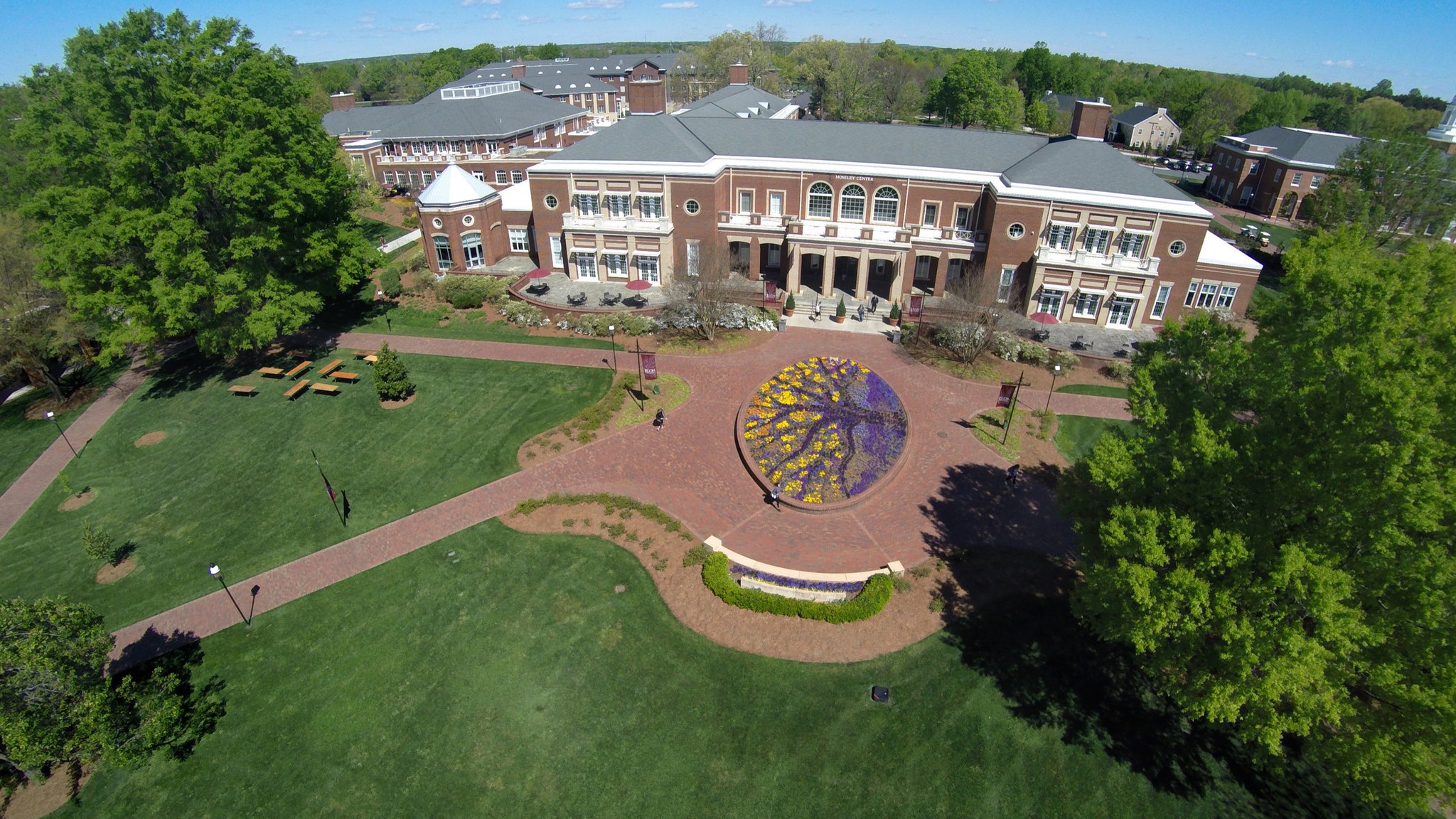Led by the History and Geography Department, the written and recorded submissions of students, faculty and staff will be preserved for future historians and Elon's records.
A campus-wide archival project will preserve the observations of faculty and students around the world living through the history of the COVID-19 pandemic.
The project, “Living in a Time of COVID-19,” will serve as a primary resource for future historians and document a unique and challenging moment in Elon’s history.
Students, faculty, staff and other members of the Elon community are encouraged to submit written reflections, audio and video recordings or photographs documenting their thoughts and experiences during the COVID-19 pandemic.
“We do not yet know when or how this pandemic will end or what lessons we will learn, whether in the immediate aftermath or years hence. It is certain, though, that future generations of Elon students will want to study, learn from, and understand how we experienced this moment,” said Sandy Marshall, assistant professor of geography and one of the project’s organizers.
The archival project began as various faculty began encouraging students to express their thoughts, feelings and observations as COVID-19 prevention began shuttering businesses and travel in early March and resulted in Elon holding classes remotely for the spring semester.
Among the earliest to call on students to document their pandemic experiences in historical context was Assistant Professor of History Waseem Kasim.
Just a few weeks before U.S. officials began taking measures to slow the spread of coronavirus, undergraduates in Kasim’s The World in the 20th Century course were studying the 1918-19 flu pandemic. Kasim had urged them to dig beneath broad narratives about the effects of the flu on nations, economies and prominent figures to unearth first-person accounts of that pandemic’s effects on the lives of individuals and ordinary citizens.
When it became clear that coronavirus was a pandemic — that everyone’s lives would be affected as students traveled home for spring break — Kasim asked them to document their experiences for posterity and future historians. For class assignments on Moodle, he encouraged undergraduates at home around the world to interview those close to them, to reflect on the disruption of daily life but also to examine opportunities and positive change possible.
“The world is slowing down,” one student observed. “It’s like nature is reminding us we need to take things slowly.”
“This is a moment that people will be writing about in the future. What do you want them to know about the experience?” Kasim said.
Marshall also had been in touch with Elon students studying abroad as the virus began to spread. Before COVID-19 was part of Americans’ 24/7 news diet, those students were sharing their fears and concerns. Marshall advised them to write down what they were seeing and hearing where they were, both as a way to manage their thoughts and to document a global event.
Similar exercises were happening in many other Elon departments, Marshall found after connecting with Kasim and Belk Library Archivist and Assistant Librarian Libby Coyner. Coyner will oversee the archives for the university. She had already been in touch with Assistant Professor of Philosophy Lauren Guilmette and various faculty about pandemic documentation when Marshall contacted her about a campus project. In the English department, a number of professors had shifted syllabi to encouraging students to write about COVID-19.
“There’s a temptation to just consume the news,” Marshall said. “This initiative shows that we’re all in this together and is a way of responding productively in this time. Whether it’s for your grandchildren or for the class of 2040, they are going to want to know what happened during this time.”
Elon’s project could eventually become part of a national collaboration by colleges and universities across the country to archive the COVID-19 pandemic, Marshall said.
—
Those wishing to contribute to “Living in the Time of COVID-19” should submit a record of their experience in the form of a written document, a video, or an audio recording.
Participants may write or record a single narrative or observation, or a series of entries. They may also interview a member of their household or a friend for the project with their approval.
The History and Geography Department offered these prompts to lead documentation:
- When did you first hear about Coronavirus/COVID-19?
- How are you feeling about the pandemic?
- How is your family being affected?
- How have you been adapting?
- What is it like being at home or on campus at this time?
- How has your education been affected?
- Has your work been affected? If so, how?
- Are you keeping up with the news? Where do you get your news?
- How well do you think the nation (or your state or city) is handling it?
- Are you concerned about the future? What aspects?
- Are you hopeful about the future? What aspects?
- What do you miss?
- What are you grateful for?
For more information about submissions, including how to submit anonymously, go to https://www.elon.edu/u/covid-archive/.



